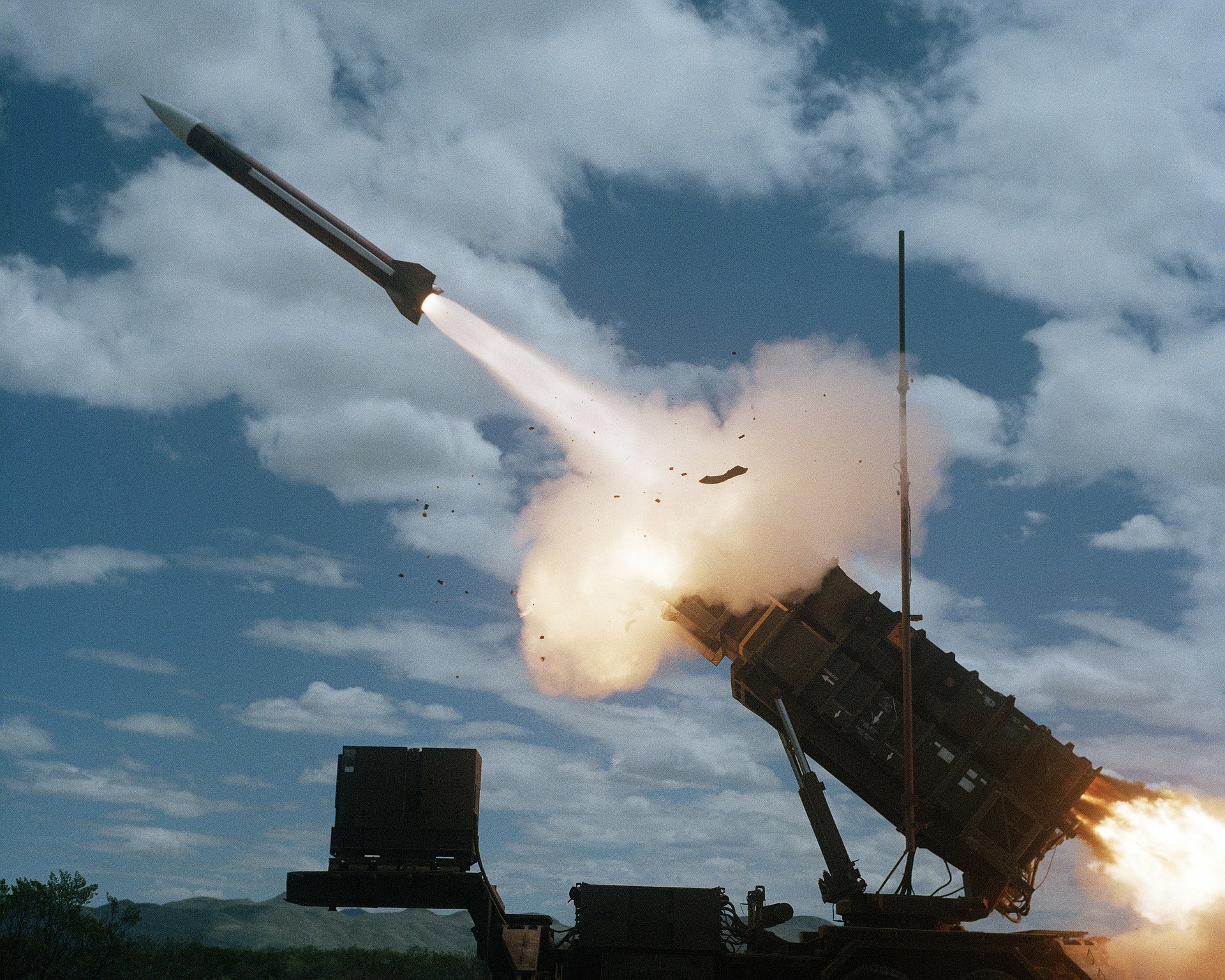
403
Sorry!!
Error! We're sorry, but the page you were looking for doesn't exist.
Hezbollah initiates its first rocket fire into Israeli territory
(MENAFN) On October 8, 2023, Hezbollah initiated its first rocket fire into Israeli territory, marking the beginning of what the group called the “battle of support” for Gaza. This moment signified the start of a carefully measured escalation between Israel and Hezbollah. The initial exchanges were cautious and deliberate, with both sides managing their moves and maintaining a controlled level of hostility. However, over the course of the next year, the confrontation evolved into a semi-open war, characterized by regular land and air strikes. Despite the heavy human and material costs endured by both sides, the conflict remains entrenched in a political deadlock, with no clear resolution on the horizon.
A key area of concern for Israel has been the insecurity felt by the residents of its northern regions, particularly those evacuated from settlements in the Galilee. Many of these evacuees have lost confidence in the Israeli military’s ability to ensure their safety. A recent survey conducted by the Magar Mohut Institute revealed that a staggering 70 percent of those displaced from northern settlements indicated that they would not return to their homes, even if the fighting were to end today. This profound lack of trust in the security situation highlights the psychological and social toll of the ongoing war, particularly in regions that were once considered secure.
When Israel first entered the war with Hezbollah, it set ambitious objectives. The government’s rhetoric initially focused on the complete dismantling of Hezbollah’s military capabilities and the establishment of a demilitarized zone along the northern border. However, as the months have passed, these lofty goals have been steadily downgraded. Israel’s military leadership, led by Chief of Staff Herzi Halevy, recently suggested that the war could end if Hezbollah's senior leadership were assassinated. This shift in objectives from territorial goals to targeted assassinations suggests that Israel's expectations have significantly diminished, with the aim now focused on neutralizing key figures rather than achieving a definitive military victory.
The year-long conflict has dramatically changed the security landscape of northern Israel, particularly in the strategically vital Galilee region. Historically, the Galilee was a symbol of stability and security within Israel, a contrast to the instability of areas like the Gaza Strip in the south. Today, however, the region is increasingly viewed as a vulnerable security zone, under constant threat from Hezbollah’s rocket fire and military operations. This shift signals a profound erosion of the sense of security that once prevailed in the area, highlighting the long-term consequences of the ongoing conflict for Israel's northern territories.
A key area of concern for Israel has been the insecurity felt by the residents of its northern regions, particularly those evacuated from settlements in the Galilee. Many of these evacuees have lost confidence in the Israeli military’s ability to ensure their safety. A recent survey conducted by the Magar Mohut Institute revealed that a staggering 70 percent of those displaced from northern settlements indicated that they would not return to their homes, even if the fighting were to end today. This profound lack of trust in the security situation highlights the psychological and social toll of the ongoing war, particularly in regions that were once considered secure.
When Israel first entered the war with Hezbollah, it set ambitious objectives. The government’s rhetoric initially focused on the complete dismantling of Hezbollah’s military capabilities and the establishment of a demilitarized zone along the northern border. However, as the months have passed, these lofty goals have been steadily downgraded. Israel’s military leadership, led by Chief of Staff Herzi Halevy, recently suggested that the war could end if Hezbollah's senior leadership were assassinated. This shift in objectives from territorial goals to targeted assassinations suggests that Israel's expectations have significantly diminished, with the aim now focused on neutralizing key figures rather than achieving a definitive military victory.
The year-long conflict has dramatically changed the security landscape of northern Israel, particularly in the strategically vital Galilee region. Historically, the Galilee was a symbol of stability and security within Israel, a contrast to the instability of areas like the Gaza Strip in the south. Today, however, the region is increasingly viewed as a vulnerable security zone, under constant threat from Hezbollah’s rocket fire and military operations. This shift signals a profound erosion of the sense of security that once prevailed in the area, highlighting the long-term consequences of the ongoing conflict for Israel's northern territories.

Legal Disclaimer:
MENAFN provides the
information “as is” without warranty of any kind. We do not accept
any responsibility or liability for the accuracy, content, images,
videos, licenses, completeness, legality, or reliability of the information
contained in this article. If you have any complaints or copyright
issues related to this article, kindly contact the provider above.


















Comments
No comment